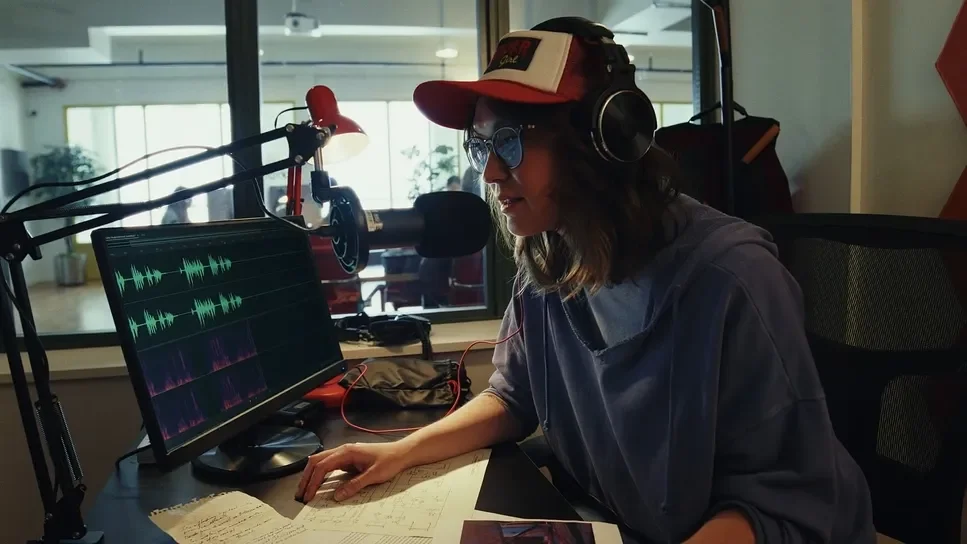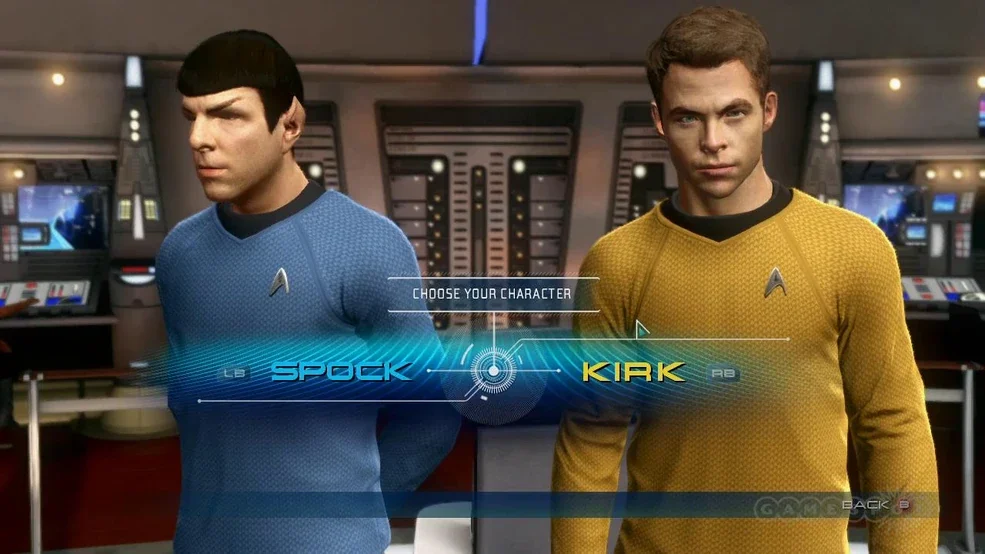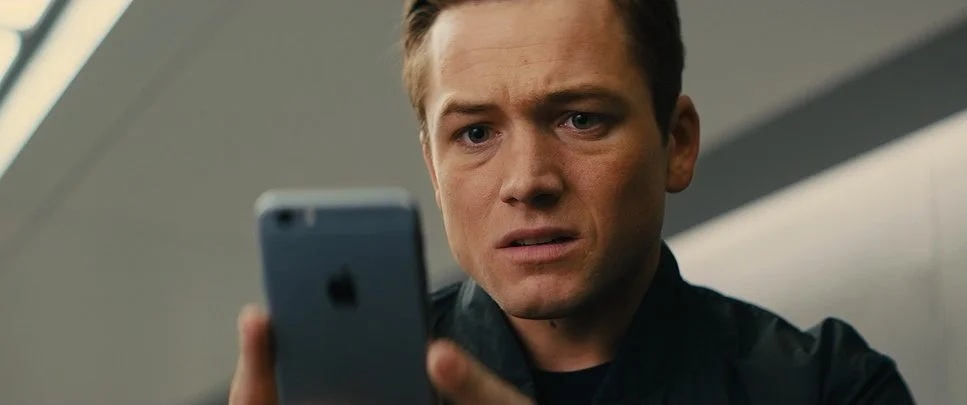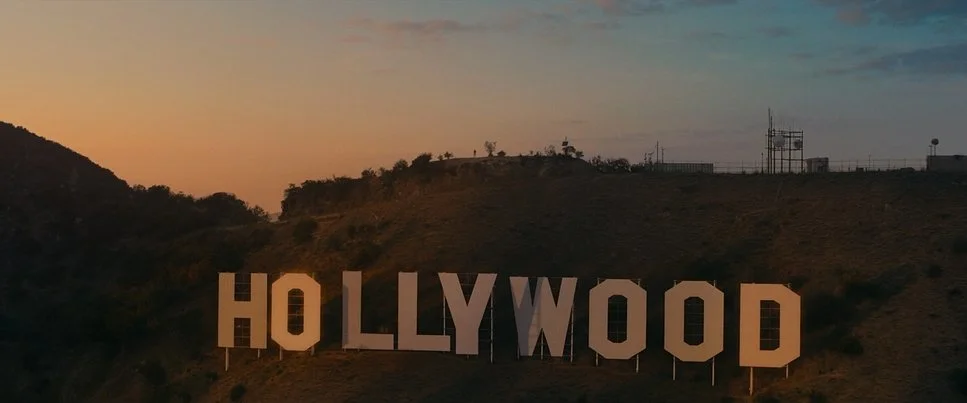THE SCRIBBLERS TOOLBOX
Welcome to the personal website of me, Jesse Alexander. It’s a home for my ever-expanding collection of screen scribbling tips, tools, observations, and topical ephemera for fellow creative types to peruse, use, disseminate, or disregard. Selections from this blog are also free on Substack. Subscribe to receive a fave weekly post sent to your inbox.
Blog Post Search Examples: plot, character, story, dialogue, transmedia, Lost, game, VALORANT, insanely, blather, Shane Black

The Mic Is the New Lens
Podcasting is Going Visual and Eating TV's Lunch

Ubisoft’s "Teammates": A New Tool for IP Scribblers?
How do you keep characters consistent when the world is too big for any one brain to track? Ask them.

What if the Innovator Stops Innovating?
Maybe the real intangible of the Warner Bros sale might not be antitrust, but the innovator’s dilemma facing the buyer.

The Hawksian Method for Screen Scribblers
When I worked with Alex Kurtzman and the late, great Roberto Orci, I watched them do something unusual with their early drafts. Before the action lines, before the scene descriptions, before the translation into screenplay form, they often created a version that was dialogue only.

The Anti-Distraction Blueprint
A deep work flow for beating the Algorithmic Antagonist.

When Seoul Beats Burbank
The Hollywood Guilds still think the threat is AI. The real threat is a kid in Korea with an iPhone and NanoBanana.

Your Short Film Needs a Side Hustle
If you're going to pour your time, money, and creative energy into a short film for a class, why not make it capable of doing more than collecting dust on Vimeo?

Warner Brothers IP = AI Food
Why a hundred years of Hollywood history matters more as data than entertainment.

The AI Excuse
Industries need a villain, and they’re reaching for the robots.

Chris Avellone’s Rules for Story Builders
These maxims were aimed at game designers, but they map cleanly to anyone building interactive stories, cross-platform narratives, or character driven worlds.

New-Gen Creators Need a New-Gen HQ
A physical home for your post-cinema content factory.

The Rise of the Post-Cinema Studio: EDGLRD
EDGLRD is building a lifestyle brand with its own production tools inside the walls. Creator studios will merge entertainment, fashion, and social identity into a single offering.

The Broad Collapse and the Niche Rise
Why screen-scribblers need to pick a lane if they want to survive the next five years.

Everything I Knew About Shooting Got Flipped 90 Degrees
9:16 storytelling is rewriting my widescreen brain.

Grindhouse to Scrollhouse: Vertical Micro-Dramas are the New Exploitation Cinema
How micro-dramas revived the B-movie hustle for the swipe generation.

Hollywood was a Zipcode. Now, a Vibe.
Once upon a time, every filmmaker had to make a pilgrimage to LA. Now, the next wave of auteurs can set up shop in Albuquerque, Austin, anywhere rent's cheap, and the tax laws are film-friendly.

Storytelling for Generation-Swipe
Modern viewers approach new shows the same way they approach new apps. If it’s confusing in the first two minutes, they bail faster than you can say “previously on.”

The Cosplay Test: How Wardrobe Defines Character
On a recent episode of The Treatment, Elvis Mitchell asked Edgar Wright how he uses costume to announce characters. Wright talked about color coding, silhouettes, and the idea that a character should be memorable enough to draw from memory.

Pitching for Screen-Scribblers
I just read a great piece by Lauren Greenwood on Substack: What I Learned Watching 16 Movie Pitches Back to Back. If you're interested in the topic, it's absolutely worth a look. Lauren's post inspired me to reflect on my own experiences hustling stories in Hollywood.

Student Guide to Pitching
Pitching isn't about explaining your plot. It's about performing your story and proving you're the only person to tell it. Here's what you need to know.